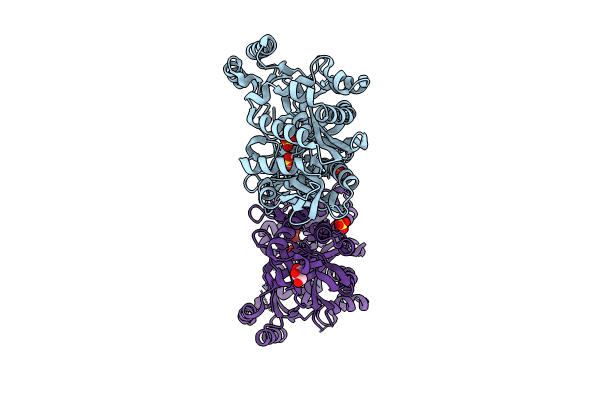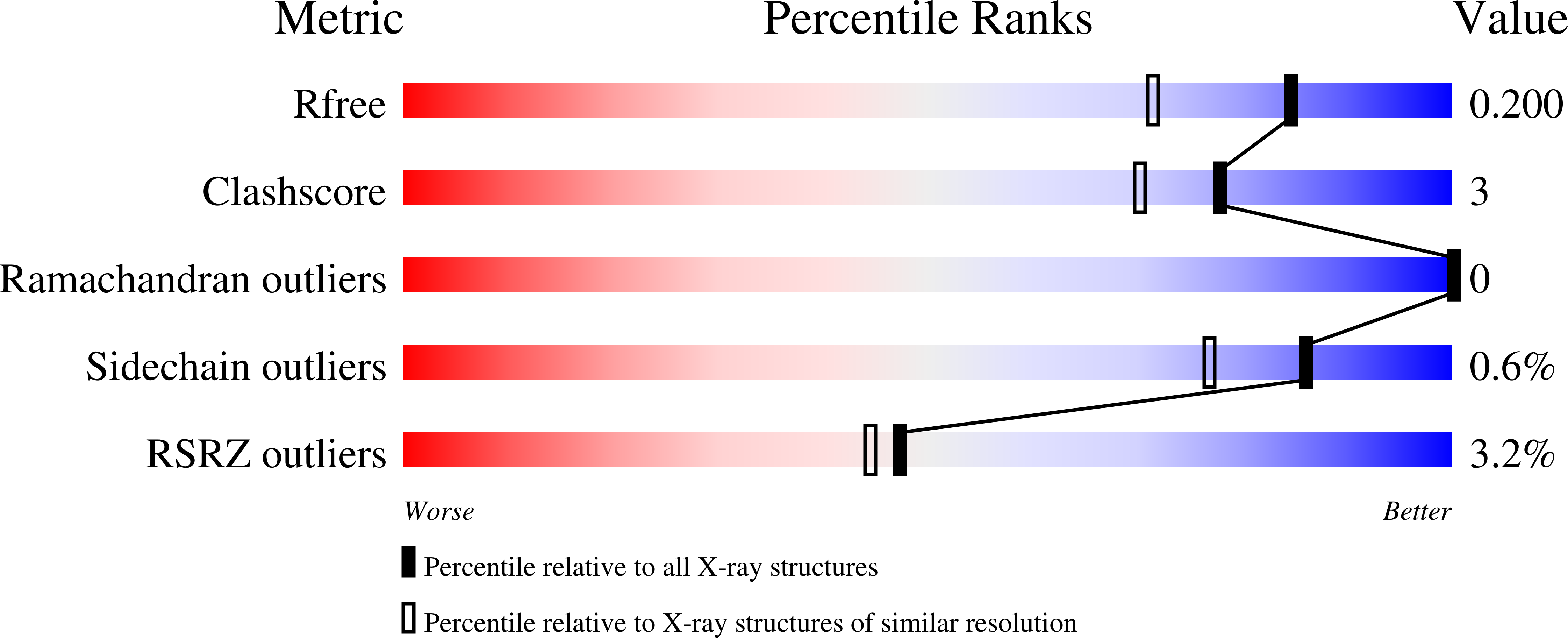
Deposition Date
2022-11-30
Release Date
2024-05-08
Last Version Date
2024-05-08
Entry Detail
PDB ID:
8FBZ
Keywords:
Title:
Crystal Structure of apo human Glutathione Synthetase Y270E
Biological Source:
Source Organism(s):
Homo sapiens (Taxon ID: 9606)
Expression System(s):
Method Details:
Experimental Method:
Resolution:
1.59 Å
R-Value Free:
0.18
R-Value Work:
0.15
Space Group:
I 1 2 1


